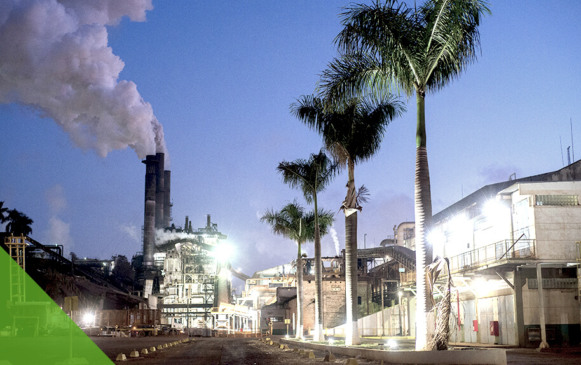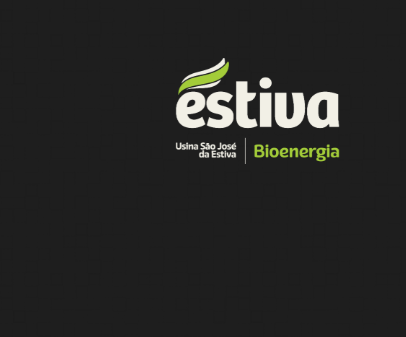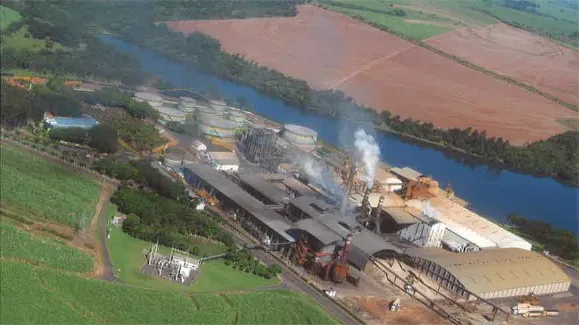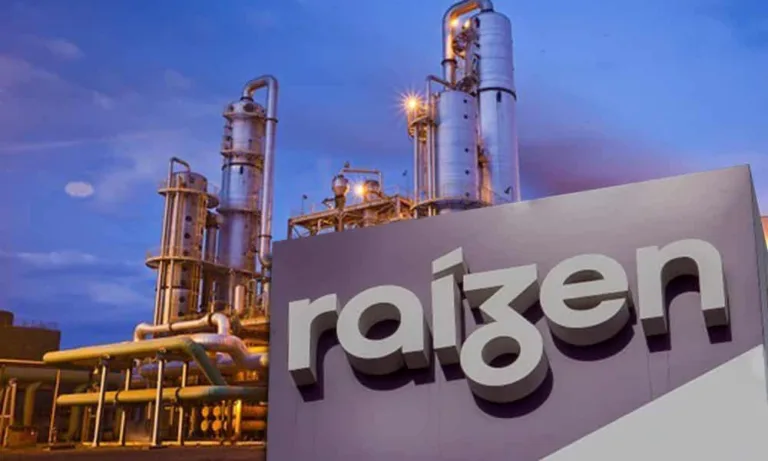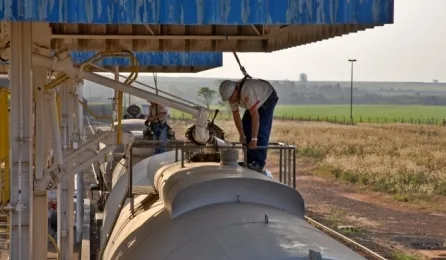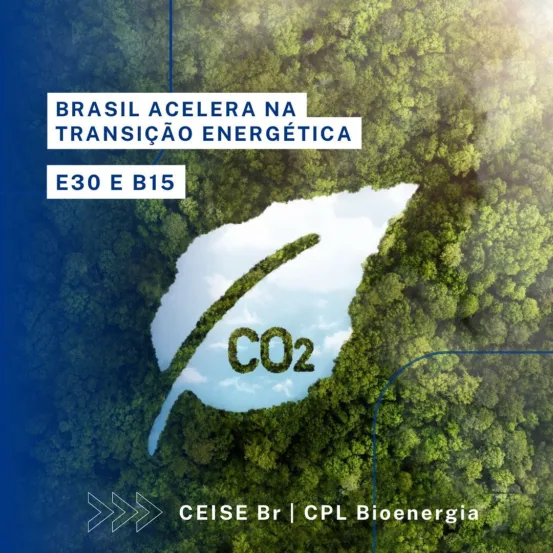O etanol da cana estimula ações de responsabilidade social nos setores legislativo e executivo do governo. O Tribunal de Justiça do Distrito Federal, por exemplo, realiza a substituição gradativa da frota movida à gasolina por veículos flexfuel. O objetivo é reduzir em 5% o impacto causado ao meio ambiente pela utilização racional do uso de recursos.
Em 2007, o TJDFT adquiriu 68 veículos flex, o que representa 18% da frota atual. Até o final do biênio 2008/2010, pelo menos 30% dos veículos serão do tipo flexfuel ou movidos a álcool. As ações fazem parte da Agenda do Tribunal.
Em Uberaba, região alcooleira de Minas Gerais, a frota oficial da prefeitura também será totalmente substituída por veículos flexfuel. O Projeto de Lei que sugere a mudança foi assinado em audiência pública da Comissão de Agricultura da Assembléia Legislativa do Estado.
Antes mesmo deste PL, o presidente do Sindicado da Indústria de Fabricação do Álcool de Minas Gerais, Luiz Custódio Cotta Martins, já havia solicitado às autoridades municipais, estaduais e federais que aprovassem leis para tornar obrigatório o uso do álcool nos veículos oficiais.
De acordo com a EPE (Empresa de Pesquisa Energética), a demanda de etanol no Brasil crescerá 150% nos próximos dez anos. Dos 25,5 bilhões de litros em 2008, saltará para 63,9 bilhões de litros em 2017. O setor automotivo responderá por aproximadamente 80% do volume total de combustíveis líquidos consumidos nos veículos leves que não usam diesel.
A frota de veículos leves passará de 23,2 milhões em 2008 para 37,5 milhões em 2017. No mesmo período, a parcela do flex deve passar de 29,6% para 73,6%. O etanol continuará sendo o combustível preferido pelos donos de carros flexfuel, com participação de 75% no mercado. A substituição gradativa do uso da gasolina pelo álcool faz parte do Plano Nacional de Mudança Climática, elaborado pelo Governo Federal.
Sugarcane Ethanol Awakens Public Sector Environmental Consciousness
Sugarcane ethanol also stimulates socially responsible actions in the legislative and executive spheres of government. The Court of Justice of the Federal District (TJDFT), for example, is gradually replacing their gasoline fueled official car fleet with flex-fuel vehicles. The goal is to reduce the emission of pollutant gases by 5% through the rational use of resources.
In 2007, TJDFT acquired 68 flex-fuel vehicles, which represent 18% of their current fleet. By the end of the 2008/2010 biennium, at least 30% of their vehicles will be flex-fueled or ethanol fueled. These actions are part of the Court’s agenda.
Uberaba, in the sugarcane belt of Minas Gerais, will replace the city’s official fleet entirely with flex-fuel vehicles. The law effectuating this change was signed in a public session of the State Legislature Agricultural Committee.
Even before this law was signed, the president of the Minas Gerais State Alcohol Manufacturers Union had requested city, state and federal authorities to pass laws making the use of ethanol obligatory for official fleets
According to EPE (Energy Research Company), the demand for ethanol in Brazil will increase 150% in the next ten years. From 25.5 billion liters in 2008, it will leap to 63.9 billion in 2017. Ethanol will represent 80% of the fuel consumed by light vehicles that do not use diesel.
The fleet of light vehicles will jump from 23.2 million in 2008 to 37.5 million in 2017. In the same period, flex-fuel vehicles will increase from 29.6% to 73.6%. Ethanol will still be the favorite fuel for flex-fuel car drivers, with a 75% market share. The gradual substitution of gasoline for alcohol is part of the Federal Government’s National Plan for Climatic Change.



